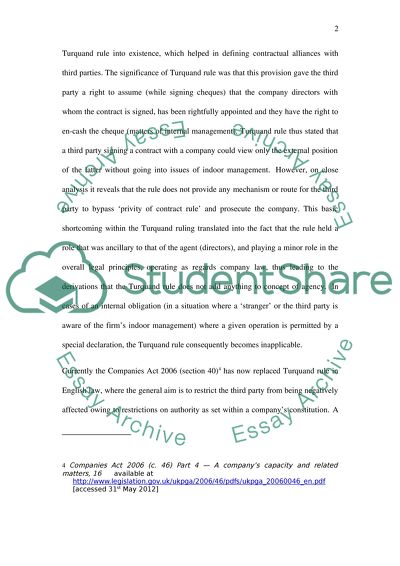Cite this document
(“Indoor Management Rules Essay Example | Topics and Well Written Essays - 1000 words”, n.d.)
Retrieved from https://studentshare.org/law/1452284-agency
Retrieved from https://studentshare.org/law/1452284-agency
(Indoor Management Rules Essay Example | Topics and Well Written Essays - 1000 Words)
https://studentshare.org/law/1452284-agency.
https://studentshare.org/law/1452284-agency.
“Indoor Management Rules Essay Example | Topics and Well Written Essays - 1000 Words”, n.d. https://studentshare.org/law/1452284-agency.


